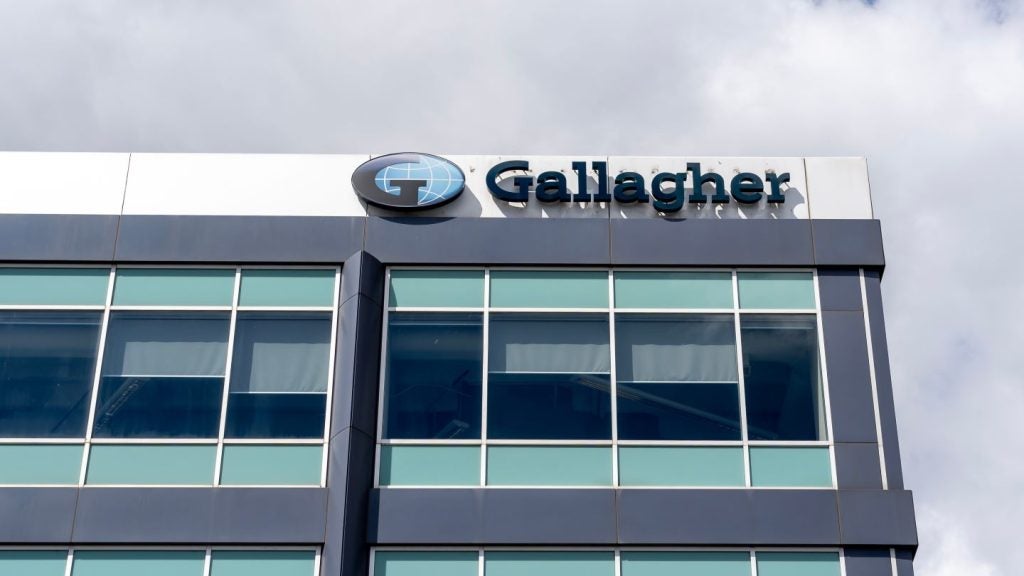
One in four insurers now utilise AI for convective storms and 18% for wildfires.
However, stochastic models remain the most popular approach for storms with 45% saying it is their go to tool and traditional actuary models based on historical data are favoured by 54% for wildfires.
This is according to climate and property risk analytics firm ZestyAI which surveyed 200 insurance leaders on extreme weather, including storms, and AI.
In terms of which model is most accurate in predicting risk, answers varied. 27% of respondents believed traditional actuarial models to be the most accurate, while 26% favoured stochastic models.
Only 20% considered AI and machine learning models to be the most accurate, but 27% of respondents believed that a combination of different models offers the best risk prediction.
In addition, 73% of insurance leaders also believe AI models will help to manage climate-related losses.
Furthermore, many agreed that AI is important for the future of the insurance industry with 80% saying it is enabling new avenues of profitable growth and 73% stating that carriers who adopt AI will outcompete those that do not.
Of the leaders surveyed who have already adopted AI risk models, 81% believe they are ahead of their competitors when adapting to the challenges of climate change. This figure drops to 66% for respondents who still favour traditional models.
Attila Toth, founder and CEO of ZestyAI, said: “With the growing threat of extreme weather events, we are seeing accelerated rates of adoption of AI-driven models within the insurance industry to assess risk.
“AI has an incredible capacity to transform the insurance industry by enhancing the capability of carriers to protect the assets and wellbeing of policyholders in an increasingly complex world. This enthusiasm is reflected in our research – the consensus among insurance leaders is that AI will be a crucial enabler for realising profitable growth going forward.”







